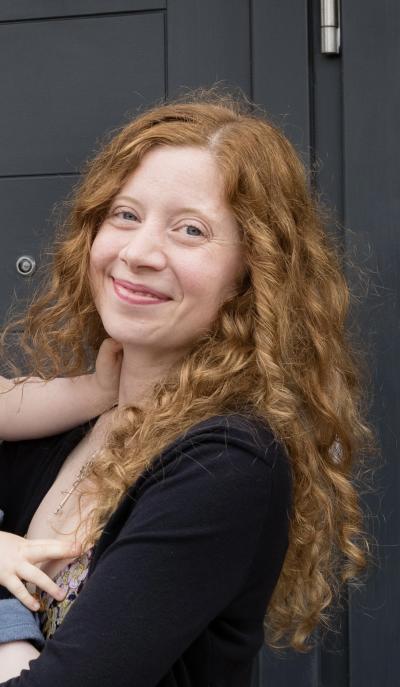
Dr Brittany Schorn, Departmental Lecturer in Old Norse at LMH, has been awarded the 2021 Sir Israel Gollancz Prize alongside her colleagues for research investigating Scandinavian influence on the English language. The team, which was comprised of Professor Richard Dance as Principal Investigator, Dr Pons-Sanz of Cardiff University as Co-Investigator and Dr Schorn as Research Associate, looked at a large number of Middle English poems to investigate the Scandinavian origins of over 900 words.
Dr Schorn told us more about her involvement in the project:
"I worked from 2016 to 2020 as Research Associate on the AHRC funded Gersum Project. 'Gersum' is a Middle English word for treasure which was borrowed from Old Norse gersemi; the Vikings are famous for the treasure they looted from Britain, but we studied the treasure they left behind, their words. The impact of Old Norse on medieval English was profound, relating even to our third person pronouns with they, their and them. It also contributed to the distinctive vocabulary of Northern English dialects, which is apparent already in some of the celebrated medieval English literature, like Sir Gawain and the Green Knight. The precise nature and extent of Old Norse influence, has been notoriously difficult to quantify, however. We systematically re-evaluated the etymologies of every lexical item that might derive from Old Norse using a new methodology that reflected the complex nature of influence between two very closely related languages. You can read more about our methodology and findings, as well as access the entire database for free, at gersum.org."
"It was an incredible honour for us to be awarded the British Academy's Sir Israel Gollancz Prize. It is a uniquely prestigious award whose past recipients include the likes of CS Lewis, Dorothy Whitelock and Malcolm Godden. For us, it was particularly special because of the debt we owe to the work of Sir Israel Gollancz himself, who was a great early pioneer in the study of medieval English and whose work is still foundational to scholarship."